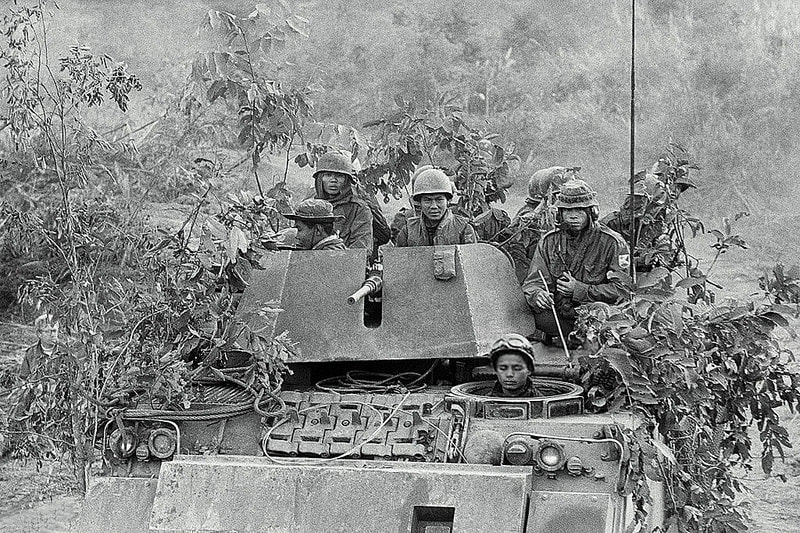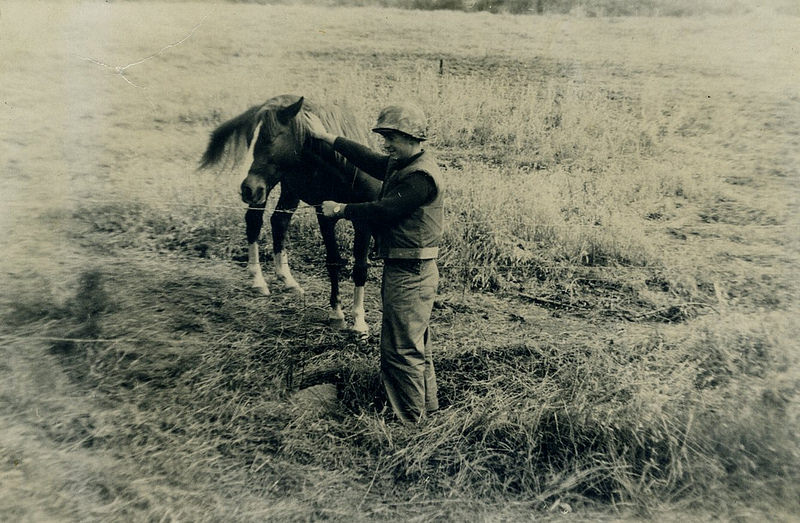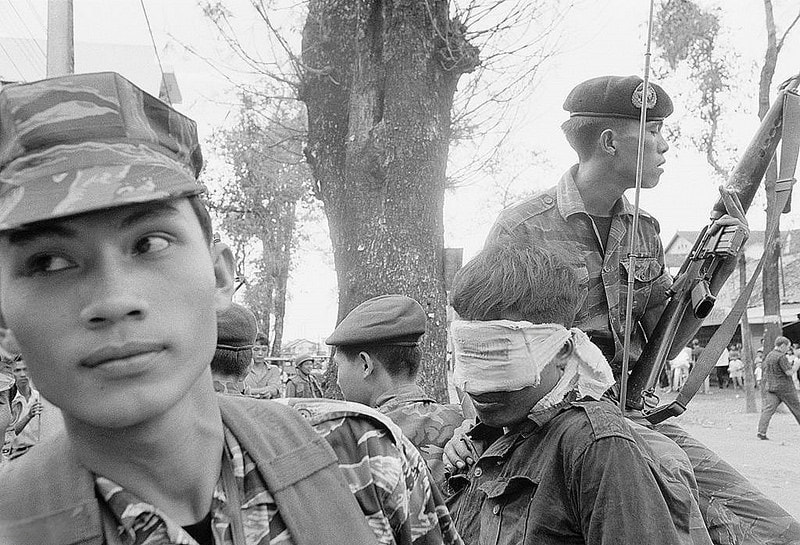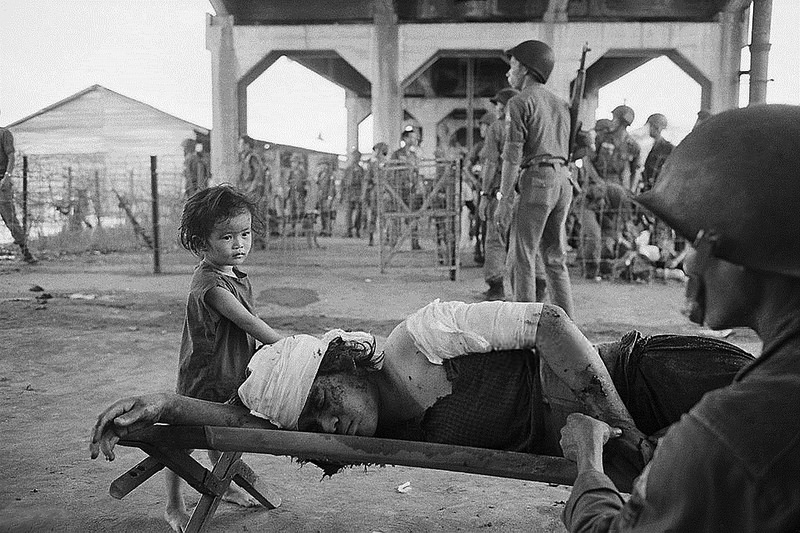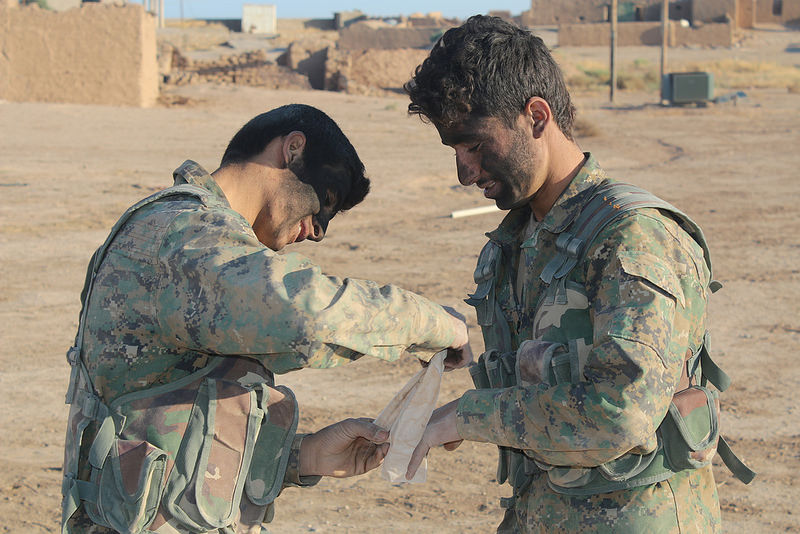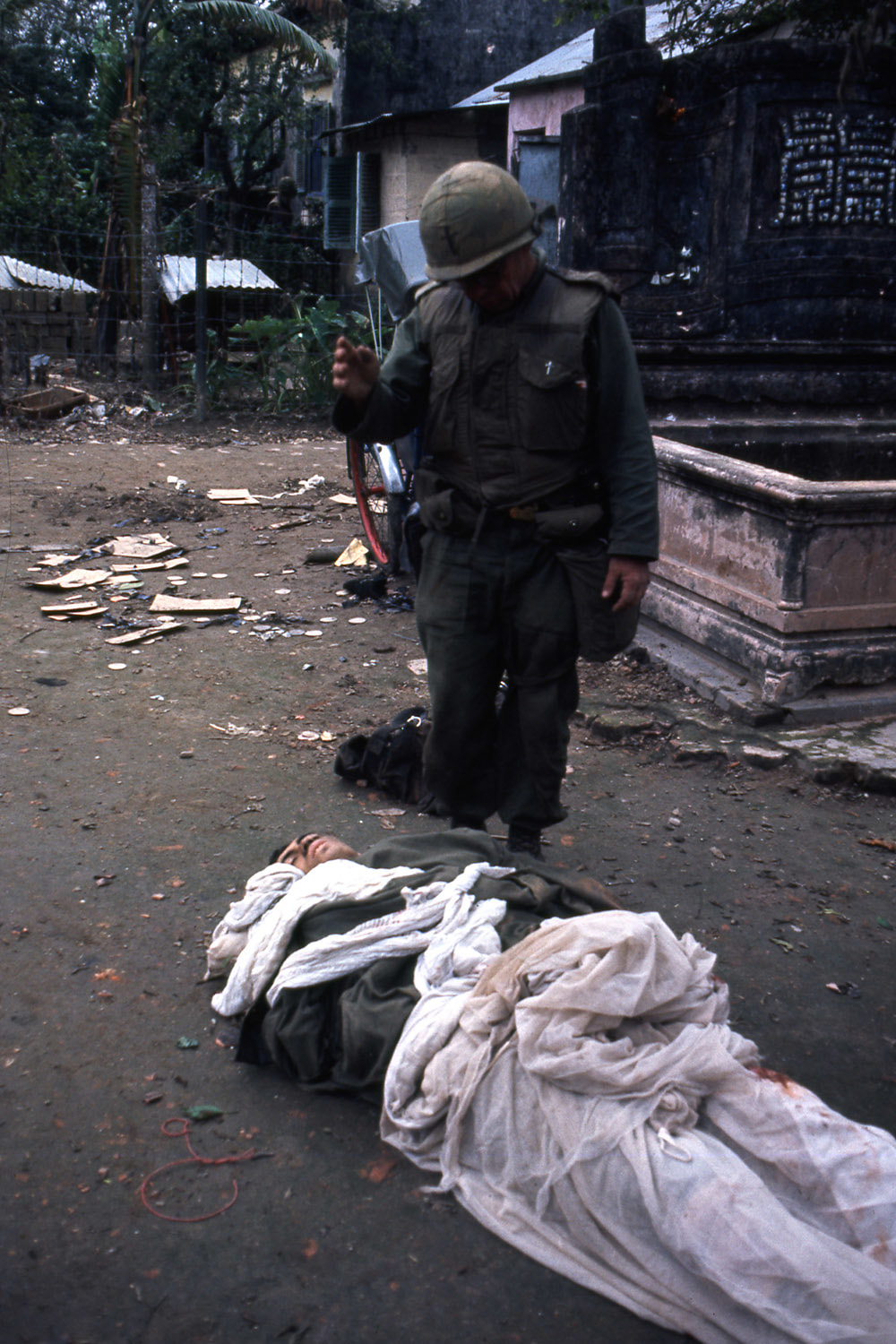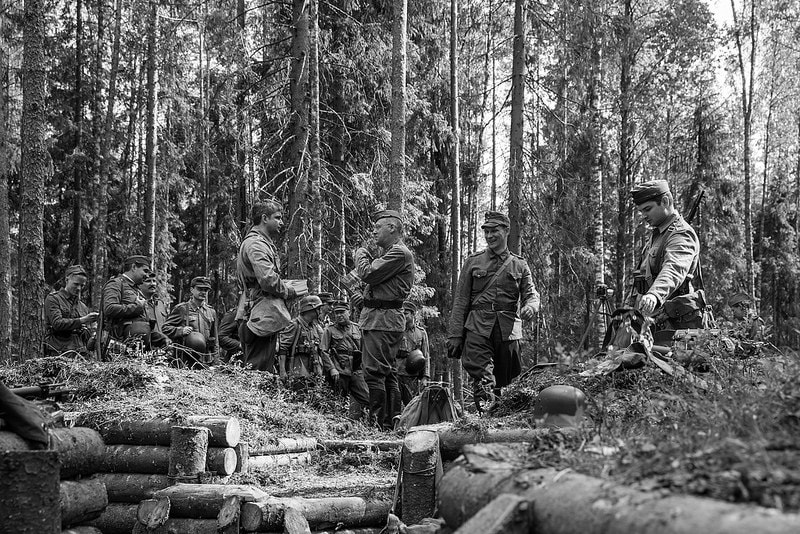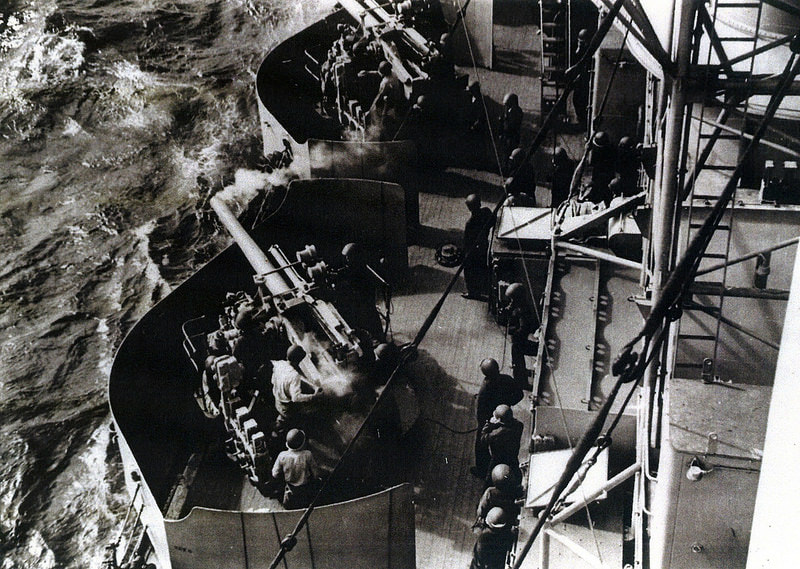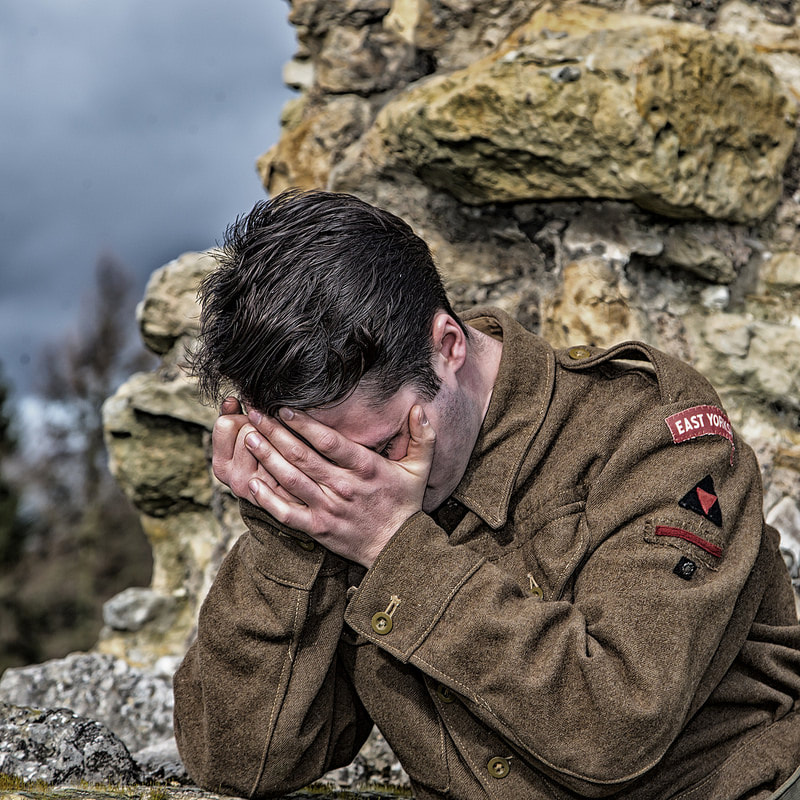Daddy's Drinking Again
Kate Tempest, Spoken Word Poetry,
and the Psychological Costs of War
Kate Tempest is a UK poet, rapper, spoken word performance artist, and playwright. If you have friends who suffer the psychological traumas of having been in battle, or if you suffer those traumas yourself, you may appreciate her performance of "Ballad of a Hero" above. Presented as a Tiny Desk concert at NPR in Washington DC, her performance of "Ballad of a Hero" is followed by two other pieces: "The Beigeness (KwAkE BASS remix) and "The Truth (KwAkE BASS remix)." As you listen, you may want to learn more about her life and perspective, or reflect upon the issues raised in her poems. The materials below, offered in the tradition of process philosophy and theology, are springboards for further reflection after hearing the three poems. Click here for her website.
For Further Reflection
Kate TempestKate Tempest was born in 1985 and grew up in South-East London where she still lives. She started out as a rapper, toured the spoken word circuit for a number of years and began writing for theatre in 2012. Her work includes Balance, an album recorded with her band Sound of Rum; Everything Speaks in its Own Way, a collection of poems published on her own imprint Zingaro;GlassHouse, a forum theatre play for Cardboard Citizens; and the plays Wasted and Hopelessly Devoted for Paines Plough, both published by Methuen. Her epic narrative poem Brand New Ancients won the Ted Hughes Award for New Work in Poetry and is published by Picador. It completed a sell out run in the UK and New York and won a Herald Angel at Edinburgh Fringe.Everybody Down, her debut solo album, came out on Big Dada Records in 2014 to critical acclaim, including a Mercury Award nomination. Her most recent collection of poetry Hold Your Own is published by Picador. She is currently touring the new collection and also touring. Everybody Down. Her debut novel The Bricks that Built the Houses is to be published by Bloomsbury in 2016. Bob Dylan"My dad was a massive Bob Dylan fan, and he used to play it in the house all the time. He'd play Bob Dylan and talk to me a bit about the lyrics — why he thought this was a beautiful line or why this particular thing made him think of his past. So Bob Dylan was always a big lyrical presence in my heart and soul. Pathology of the Rich"Because we don't understand the pathology of the rich. We've been saturated with cultural images and a kind of cultural deification of wealth and those who have wealth. We are being--you know, they present people of immense wealth as somehow leaders--oracles, even. And we don't grasp internally what it is an oligarchic class is finally about or how venal and morally bankrupt they are. MaryI know Mary lived two thousand years ago, but I have actually seen her. Not in a piece of toast, or in the sun’s reflection on a window, or in the patterns of ridges on a tree trunk. I’ve seen her in flesh and blood. I saw her in the woman who was the custodian of my elementary school in rural North Carolina. Pearly was a steady, faithful and honest woman and, despite her very modest income and living situation, you always had this sense when you were around her that she drew from a strength unlike anything the world had to offer. When my mother said to her one day, “Pearly, you are so good,” Pearly said quickly and straightforwardly: “No, m’am. God is good.” Maybe not ten verses of poetry, but it was her own Magnificat nonetheless—it was her Song of Mary. For in her quiet way, Pearly was always proclaiming the goodness of God. |
Performing Live"For me, what I've learnt from all these years of performing and rocking around [is] the most important people in the room are the people in the audience. This is what it's all for. This is why anybody does anything. It's for this energy, this gathering of people in the room. If you're telling a story, the most important part of any story is the people that are hearing it. That's why it will live. So I have huge respect for the gathering of people. Genghis Khan"I’m talking about political figures who, for the love of power, demean whole groups of people with a smile and show no remorse for the suffering they cause; who parade their extreme wealth as the ultimate model for humanity . . . Yes, these individuals would qualify for the Genghis Khan Award for Excellence." Good IdeasWe have a power, power that can’t be found in Molotov cocktails, but we do have a power. Power that cannot be found in bullets and guns, but we have a power. It is a power as old as the insights of Jesus of Nazareth and as modern as the techniques of Mahatma Gandhi. (Martin Luther King, Jr.) Relational PowerRelational power takes great strength. In stark contrast to unilateral power, the radical manifestations of relational power are found in people like Martin Luther King, Jr., Mahatma Gandhi, and Jesus. It requires the willingness to endure tremendous suffering while refusing to hate. It demands that we keep our hearts open to those who wish to slam them shut. It means offering to open up a relationship with people who hate us, despise us, and wish to destroy us. “Father forgive them, for they know not what they do.” |
The Size of a SoulBy S-I-Z-E I mean the stature of [your] soul, the range and depth of [your] love, [your] capacity for relationships. I mean the volume of life you can take into your being and still maintain your integrity and individuality, the intensity and variety of outlook you can entertain in the unity of your being without feeling defensive or insecure. I mean the strength of your spirit to encourage others to become freer in the development of their diversity and uniqueness. I mean the power to sustain more complex and enriching tensions. I mean the magnanimity of concern to provide conditions that enable others to increase in stature. Unilateral PowerWhen most people think of power, they point to examples of what Bernard Loomer called unilateral power: powerful sports teams, ultra wealthy people, giant corporations, hurricanes and tornadoes, the President of the United States, the military, and especially nuclear weapons. All of these kinds of examples point to power as the ability to affect others without being affected by them. In the language of sports or the military, unilateral power includes both offense (scoring, defeating, even destroying the opposition) and defense (preventing the opposition from scoring, winning, or destroying us). Unilateral power flows downward—moving the burdens of life from top to bottom of the power hierarchy, with few at the top and many at the bottom. |

